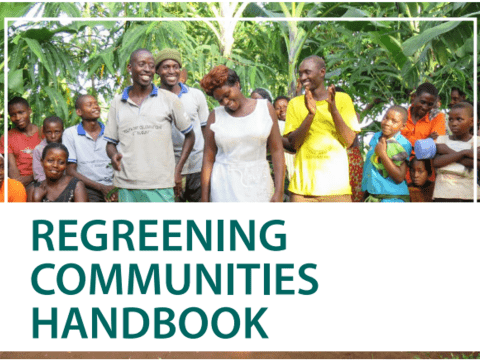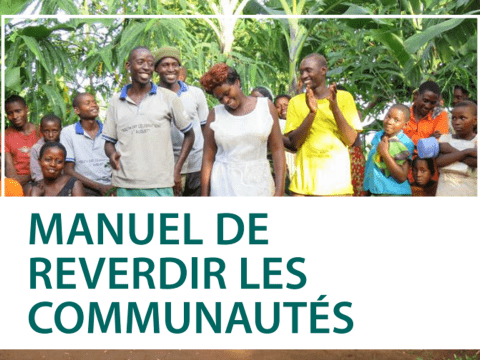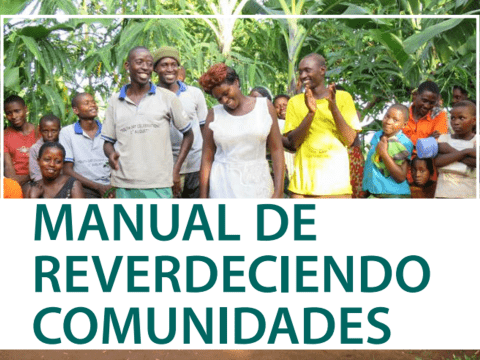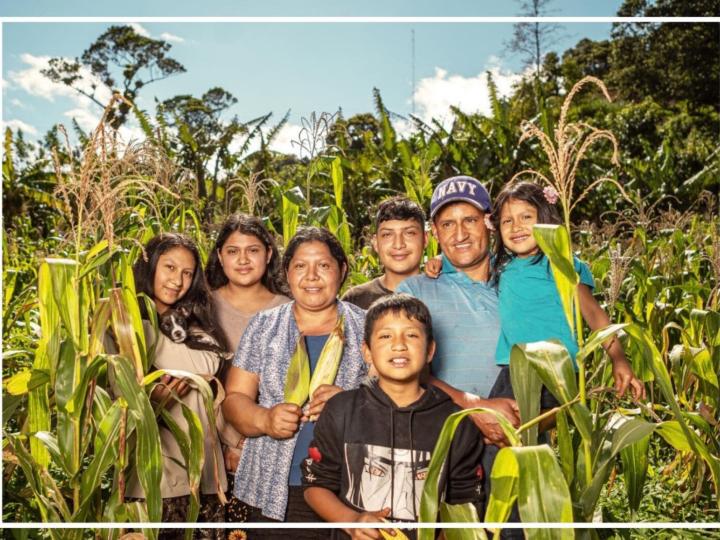
Regreening Communities
Thriving environments for thriving communities
Climate change, unsustainable farming practices, and exploitation of natural resources are rapidly degrading the landscapes of the communities World Vision works with – especially rural ones. When landscapes are decimated, communities cannot sufficiently grow food, gather water, or access firewood. They are also more vulnerable to climate-related disasters and natural resource-based conflict. This negatively impacts the community’s ability to develop sustainable livelihoods, resulting in more fragile communities and more vulnerable children.
Our Regreening Communities Project Model address all these issues by guiding communities through a participatory environmental restoration process. A tailored set of solutions is selected by each community including scaling-up indigenous restoration practices, strengthening government partnerships for restoration, and introducing proven practices like Farmer Managed Natural Regeneration (FMNR).
The outcomes of this approach are greater community cohesion, a thriving and climate-resilient landscape, and greater quantity and quality of crops, livestock, forest products, and natural resources for households to consume and sell – thus contributing to the food security, economic resilience, and above all, hope for future generations of children.
Regreening Communities Overview
Regreening Communities Project Model
Regreening Communities Handbook
Featured Initiative: Regreening Africa
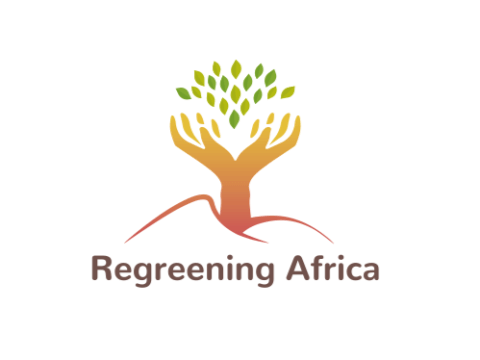
Regreening Africa Featured Resources
Together with partners, World Vision is restoring landscapes in Ethiopia, Ghana, Kenya, Mali, Niger, Rwanda, Senegal and Somalia through the EU-funded Regreening Africa initiative.
In 2024, Regreening Africa was officially selected as one of seven World Restoration Flagship initiative of the UN Decade on Ecosystem Restoration.
Regreening Africa is expected to bring 5 million hectares under restoration by 2030, boosting biodiversity and supporting local communities.





